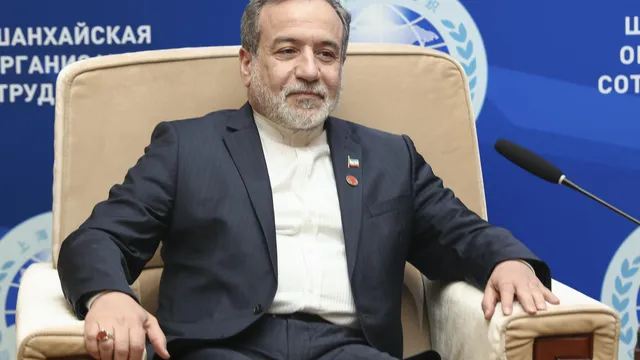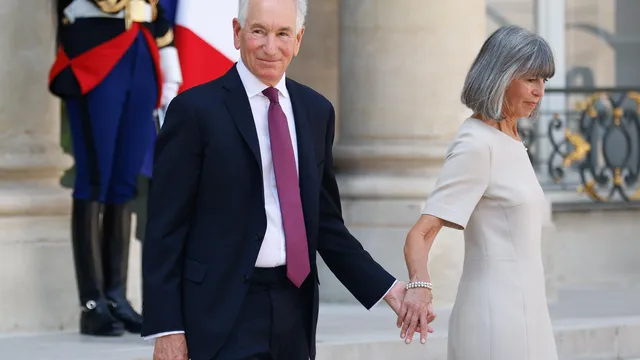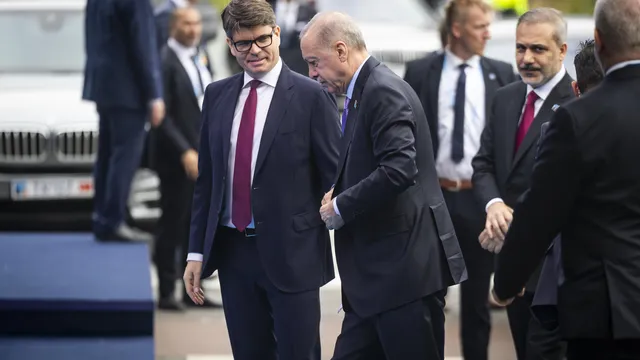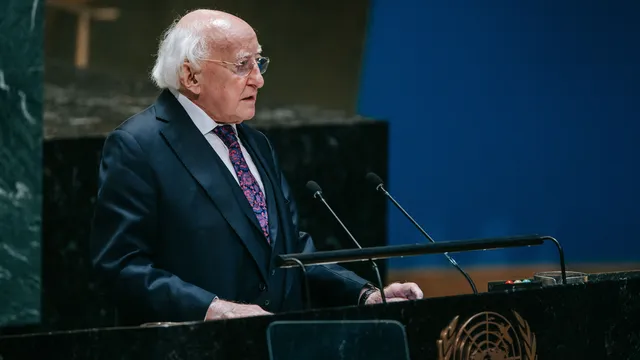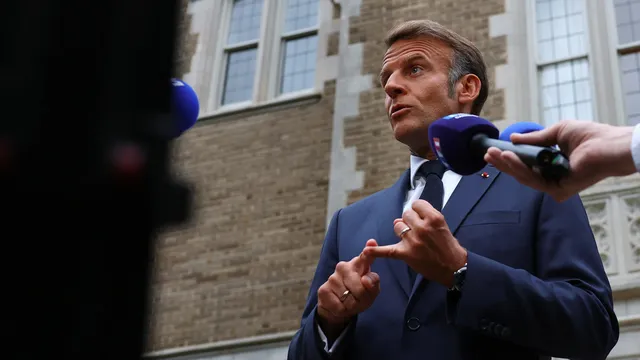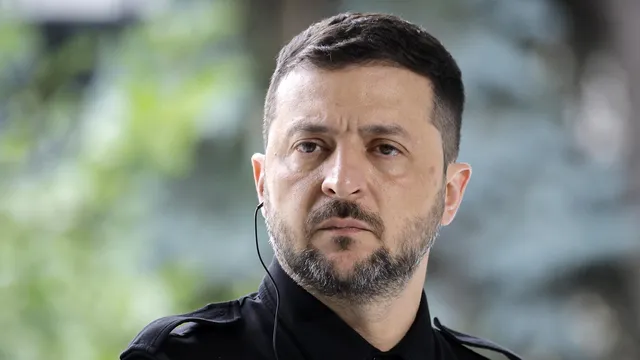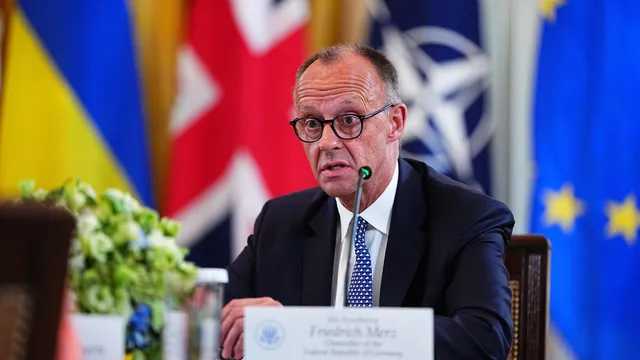Negotiations scheduled for Tuesday, August 26, between Iran and Britain, France, and Germany will take place in Geneva, Iranian state media reported.
"On Tuesday, Iran and the three European countries party to the 2015 nuclear agreement, together with the European Union, will hold a new round of talks at the deputy foreign minister level in Geneva," state television reported, quoted by AFP.
The meeting will be the second since the 12-day war between Iran and Israel in mid-June, during which the US struck nuclear facilities in Tehran. The previous round of talks took place in Istanbul on July 25.
It comes after Iran suspended its cooperation with the UN nuclear agency following the war with Israel, with Tehran saying that the International Atomic Energy Agency had not condemned the Israeli and US strikes on its nuclear facilities.
The unprecedented bombing by Israel and Iran's retaliatory measures during the 12-day war derailed Tehran's negotiations with Washington.
The European trio threatened to activate a "return mechanism" under the 2015 nuclear agreement, which would reinstate UN sanctions lifted under the agreement unless Iran agreed to limit its uranium enrichment and resume cooperation with IAEA inspectors.
Iran disputes the legality of invoking this clause, accusing the Europeans of not respecting their commitments under the agreement.
The UK, France, and Germany, together with China, Russia, and the United States, reached an agreement with Iran in 2015 under an agreement formally known as the Joint Comprehensive Plan of Action, or JCPOA.
The agreement provided for the easing of sanctions against Iran in exchange for restrictions on its nuclear program to ensure that Tehran would not be able to develop nuclear weapons — something it has always denied wanting to do.
But Washington's unilateral withdrawal from the agreement in 2018 during President Donald Trump's first term and the imposition of tough economic sanctions prompted Iran to start backing away from its own commitments, particularly on uranium enrichment.
At the time of the US withdrawal, London, Paris, and Berlin confirmed their commitment to the agreement and stated that they intended to continue trading with Iran. As a result, UN and EU sanctions were not reinstated, although Trump reinstated US sanctions.
However, the mechanism envisaged by European countries to compensate for the return of US sanctions has been difficult to implement, and many Western companies have been forced to leave Iran, which is facing high inflation and economic crisis.
The deadline for activating the restoration mechanism expires in October, but according to the Financial Times, the Europeans have offered to extend the deadline if Iran resumes nuclear talks with Washington and returns to cooperation with the IAEA.
Iranian Foreign Minister Abbas Araghchi said that the Europeans have no right to do so. | BGNES

 Breaking news
Breaking news
 Europe
Europe
 Bulgaria
Bulgaria
